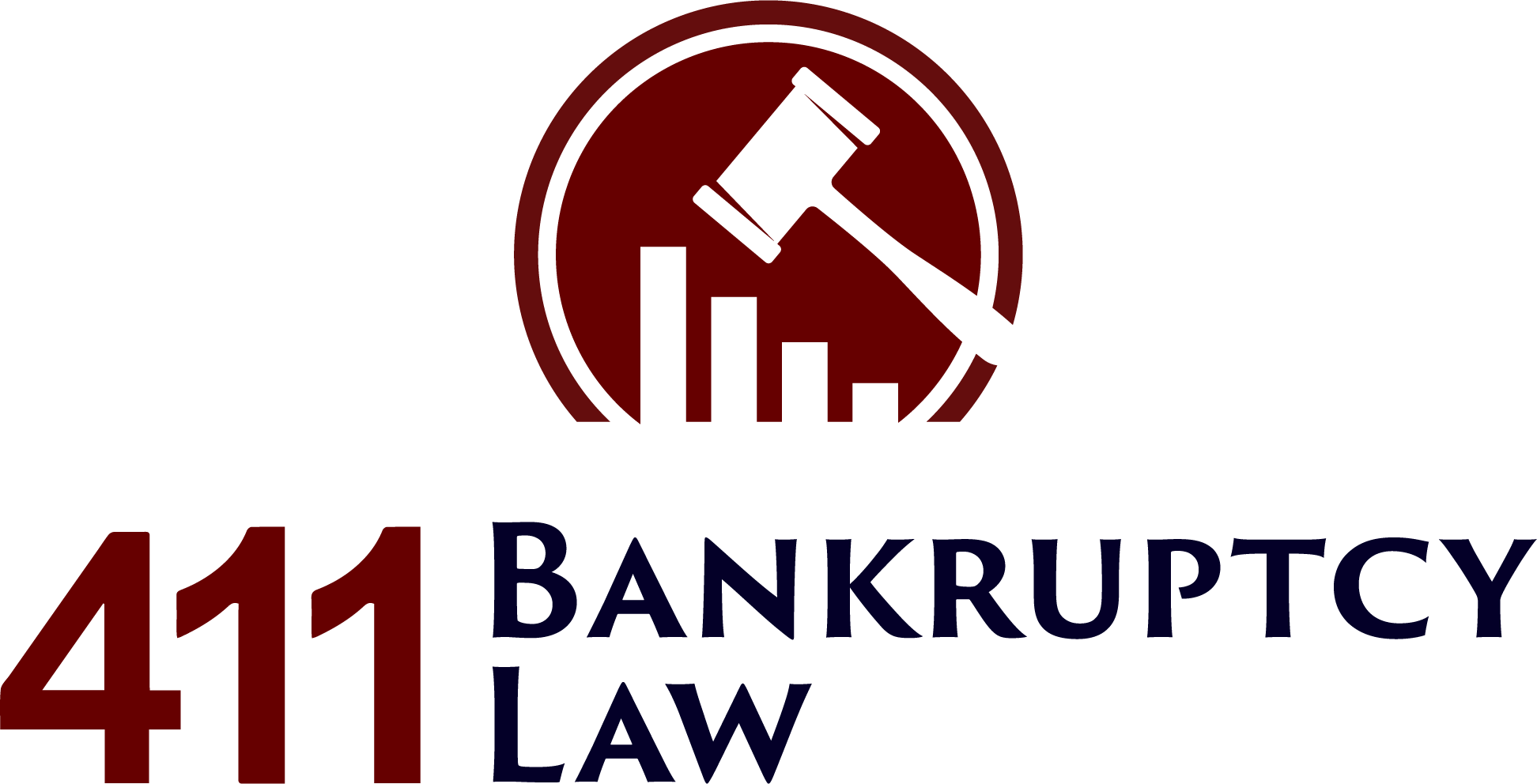What Is Chapter 12 Bankruptcy?
Overview of Chapter 12 Bankruptcy
Chapter 12 Bankruptcy is a specialized form of bankruptcy designed to assist family farmers and family fishermen in reorganizing their debts. It is part of the U.S. Bankruptcy Code, specifically tailored to address the unique financial challenges faced by these individuals. This type of bankruptcy allows for developing a repayment plan to manage debts over time, offering a structured approach to debt relief and financial recovery.
How Chapter 12 Differs from Other Bankruptcy Types
Unlike Chapter 7 or Chapter 11 bankruptcy, which are more general in scope, Chapter 12 aims explicitly at those engaged in farming or fishing operations. Chapter 7 involves liquidating assets, while Chapter 11 focuses on business reorganization for larger enterprises. Chapter 12, however, provides a more tailored approach with provisions considering the cyclical nature of agricultural and fishing industries.
The Purpose of Chapter 12 Bankruptcy
The primary purpose of Chapter 12 is to offer a financial lifeline to family farmers and fishermen struggling with debt. It allows them to continue their operations while repaying their debts in a manageable way. This bankruptcy chapter helps preserve the farming or fishing business, ensuring that these essential sectors remain viable and contribute to the economy.
Who Can File for Chapter 12 Bankruptcy?
Eligibility Criteria
Family Farmers
Family farmers who have regular annual income and meet specific debt limits are eligible to file for Chapter 12. This category includes individuals engaged in farming operations and earning significant revenue from these activities.
Family Fishermen
Similarly, family fishermen who derive their income primarily from commercial fishing and meet the debt criteria can file under Chapter 12. The bankruptcy process acknowledges the unique financial pressures faced by those in the fishing industry.
Debt Limitations and Requirements
Debt limits are imposed to qualify for Chapter 12. As of the latest updates, family farmers must have debts below a specified threshold and have substantial enough income from their farming operation to support a repayment plan.
Definition of Regular Annual Income
Regular annual income is defined as income derived from farming or fishing operations, excluding other sources of income. This definition helps determine the feasibility of the repayment plan and ensures that the financial resources are allocated appropriately.
The Chapter 12 Bankruptcy Process
Your Title Goes Here
Your content goes here. Edit or remove this text inline or in the module Content settings. You can also style every aspect of this content in the module Design settings and even apply custom CSS to this text in the module Advanced settings.
Filing the Chapter 12 Petition
Required Documentation
Filing a Chapter 12 petition requires detailed documentation, including financial statements, tax returns, and information about debts and assets. Proper documentation is crucial for the bankruptcy court to evaluate the case and approve the repayment plan.
Filing Fees and Deadlines
Filing fees for Chapter 12 bankruptcy are typically lower than those for Chapter 11. Deadlines for submitting the petition and related documents are strictly enforced, and failure to meet these deadlines can impact the progress of the bankruptcy case.
Automatic Stay Protection
How the Automatic Stay Works
Once a Chapter 12 petition is filed, an automatic stay goes into effect. This stay halts creditors’ collection actions, including foreclosure and repossession, providing relief and time to develop a repayment plan.
Impact on Creditors
The automatic stay protects the debtor from creditors’ actions, giving them time to propose a repayment plan. Creditors must cease all collection efforts until the court issues further orders.
Developing a Repayment Plan
Crafting a Feasible Plan
The repayment plan under Chapter 12 must be feasible, considering the debtor’s income and expenses. It outlines how debts will be repaid over a period, typically three to five years.
Length and Structure of the Plan
The plan’s length is determined based on the debtor’s financial situation and the type of debt involved. The structure includes regular payments to creditors and may provide for adjustments in cases of economic hardship.
Court Approval of the Repayment Plan
Confirmation Hearing
A confirmation hearing is held to review the proposed repayment plan. The bankruptcy court evaluates whether the plan meets legal requirements and is feasible based on the debtor’s financial situation.
Criteria for Plan Approval
To approve the plan, the court must ensure it adheres to bankruptcy law, adequately addresses the debt, and is fair to creditors. The plan must demonstrate that it will likely succeed and that the debtor can adhere to its terms.
Implementation and Execution of the Plan
Role of the Bankruptcy Trustee
A bankruptcy trustee oversees the implementation of the repayment plan. The trustee ensures that payments are made according to the plan and that the debtor complies with the court’s orders.
Monitoring and Compliance
The trustee monitors the debtor’s compliance with the plan, ensuring payments are made, and financial disclosures are updated. Non-compliance can lead to modifications of the plan or dismissal of the case.
Critical Benefits of Chapter 12 Bankruptcy
Tailored Solutions for Farmers and Fishermen
Flexible Repayment Terms
Chapter 12 offers flexible repayment terms that accommodate the seasonal nature of farming and fishing operations. This flexibility helps debtors manage their finances more effectively.
Preservation of Property and Operations
The primary benefit of Chapter 12 is the ability to preserve essential property and operations. This ensures that the farming or fishing business continues functioning and contributing to the debtor’s livelihood.
Streamlined Process Compared to Chapter 11
Cost-Effectiveness
Chapter 12 is more cost-effective than Chapter 11. It involves fewer legal complexities and lower administrative costs, making it a practical option for family farmers and fishermen.
Simplified Requirements
The requirements for Chapter 12 are less stringent than those for Chapter 11, providing a more straightforward process for individuals and small businesses involved in agriculture or fishing.
Challenges and Considerations of Chapter 12 Bankruptcy
Eligibility Limitations
Not all debtors qualify for Chapter 12. The eligibility criteria, including income and debt limits, may exclude some individuals or businesses from filing under this chapter.
Complexity of the Process
While simpler than Chapter 11, Chapter 12 involves complex legal and financial considerations. Debtors must navigate the bankruptcy process carefully to ensure compliance and successful resolution.
Impact on Credit and Financial Standing
Filing for Chapter 12 affects credit ratings and financial standing. However, it provides an opportunity to manage and reduce debt, ultimately improving economic stability.

Alternatives to Chapter 12 Bankruptcy

Chapter 11 Bankruptcy
Chapter 11 offers a broader reorganization option for businesses but involves more complex procedures and higher costs than Chapter 12.
Chapter 13 Bankruptcy
Chapter 13 is an alternative for individuals with regular income who still need to meet the criteria for Chapter 12. It provides a structured repayment plan similar to Chapter 12 but is not explicitly designed for farmers or fishermen.
Out-of-Court Debt Restructuring
Out-of-court debt restructuring can be an option for those seeking to avoid bankruptcy. This approach involves negotiating with creditors to modify repayment terms without formal court proceedings.
Life After Chapter 12 Bankruptcy
Completing the Repayment Plan
Discharge of Remaining Debts
Upon successful completion of the repayment plan, remaining debts are typically discharged. This provides a fresh start and relief from remaining financial obligations.
Rebuilding Financial Stability
Credit Recovery
Rebuilding credit after Chapter 12 involves managing finances responsibly and making timely payments. As financial stability is restored, credit scores can gradually improve.
Future Financial Planning
Effective future financial planning is crucial to avoid future debt problems. Engaging with a financial advisor can help set goals and create strategies for long-term economic health.
Frequently Asked Questions About Chapter 12 Bankruptcy
Is Chapter 12 Bankruptcy Right for You?
Consulting with a Bankruptcy Attorney Specializing in Chapter 12
Consulting with a bankruptcy attorney who specializes in Chapter 12 is essential to determining if bankruptcy is the right option. They can provide guidance, assess eligibility, and help you navigate the bankruptcy process effectively.


